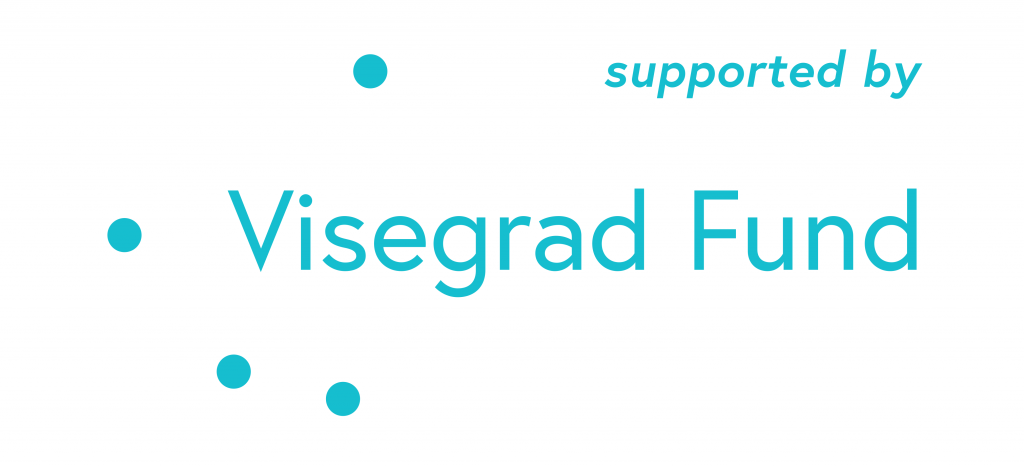The Evolving Interests of the Visegrad Four in the Next European Union Mandate
The Visegrad Four (V4), comprising the Czech Republic, Hungary, Poland, and Slovakia, have long been united by geographical proximity and shared historical experiences. However, the panel discussion featuring experts and politicians from the V4 countries reveals a complex and evolving landscape of interests as the European Union (EU) enters its next mandate.
Diverging Paths and Shared Histories
Tomáš Valášek, a Slovak Member of Parliament (Progresívne Slovensko), emphasized the divergence within the V4 in recent years. "The heydays of V4 were basically 2015-2016," he noted, referencing a time when the countries were united by a strong anti-migration stance. Today, however, the political landscapes have shifted significantly. "We have not had the convergence of these four governments. The political cycles diverged," Valášek explained, pointing out that while Hungary and Slovakia currently have Eurosceptic governments, the Czech Republic and Poland have moved in different directions.
Common Interests Amidst Political Shifts
Despite the divergences, there remain areas of common interest. Vladimír Bilčík, another Slovak representative, highlighted enlargement as a key issue. "The one issue where we can still be broadly united...is the issue of enlargement," he stated, underscoring the historical significance of the V4's collective push towards EU integration. Bilčík also mentioned cohesion funds as a shared priority, reflecting the V4's interest in securing financial resources for regional development.
Hungary's Pragmatic Approach
Dorka Takácsy, a Hungarian foreign policy expert from the Centre for Euro-Atlantic Integration and Democracy offered a pragmatic view of V4 cooperation. She described the V4 as "an empty shell waiting to be filled with another topic," suggesting that while deep political unity might be lacking, there are still practical areas for collaboration. Takácsy pointed to agricultural policy as one such area, where joint efforts could be beneficial. However, she acknowledged the divisive nature of issues like Russia and Ukraine, which complicate deeper cooperation.
Czech Republic's Cautious Stance
Pavlína Janebová, Research Director from the Czech organization AMO, emphasized her government's cautious approach towards the V4. "The current Czech government hasn't really been much in favour of deepening the V4 cooperation," she said. The Czech stance is influenced by a desire to maintain constructive relationships within the EU, especially given the contentious nature of the Green Deal. While the Czech Republic is critical of certain aspects of the Green Deal, Janebová noted that it aims to address these concerns in a constructive manner, distinguishing itself from Hungary's more confrontational approach.
Future Prospects
Looking ahead, the V4's future appears to be one of pragmatic, issue-based cooperation rather than deep political unity. As Valášek pointed out, the coordination on EU top jobs and securing influential positions remains a potential area for collaboration, though it is complicated by the varying political landscapes and priorities of the member countries. The potential return of figures like Andrej Babiš in the Czech Republic could also influence the dynamics, possibly reinvigorating V4 cooperation under certain conditions.
Conclusion
The Visegrad Four, while historically significant as a bloc within the EU, now face challenges in presenting a united front. Shared interests such as EU enlargement and cohesion funds provide a basis for continued cooperation. However, political divergences, especially on issues like migration and relations with Russia, pose significant obstacles.
This article was written in relation to an online discussion held on 19 June 2024. You can watch the full recording of the discussion below:


